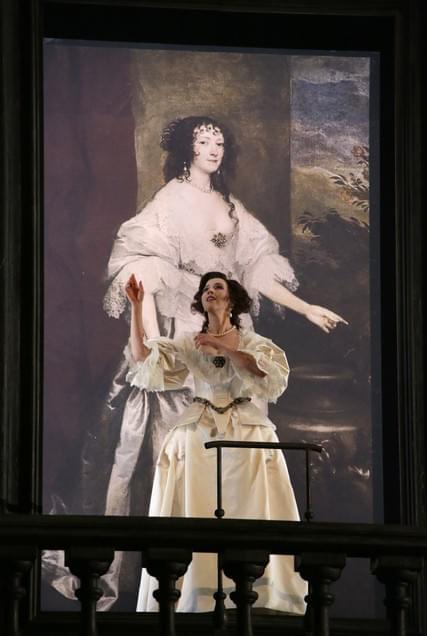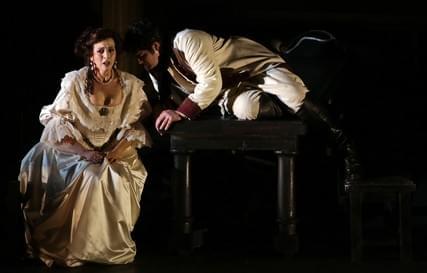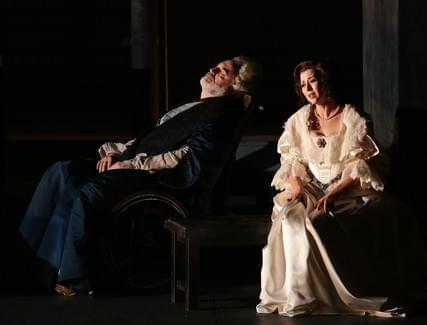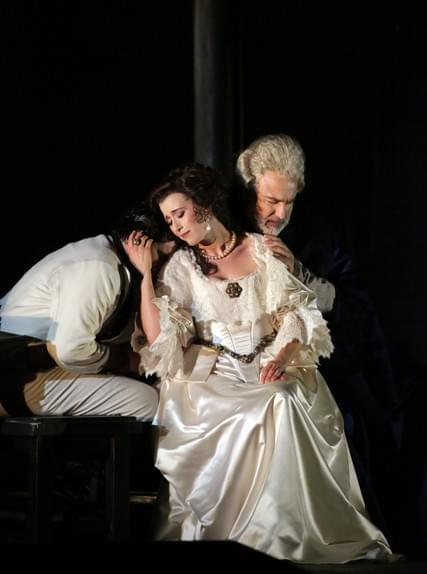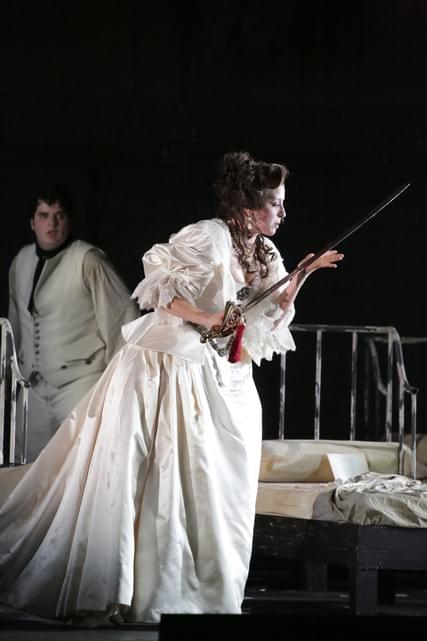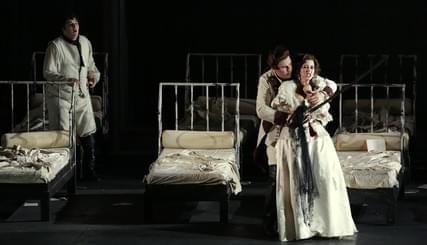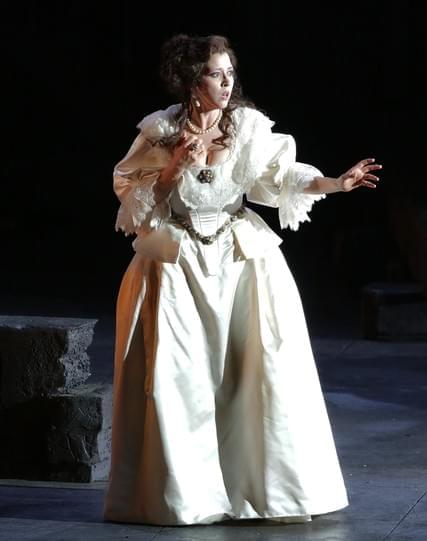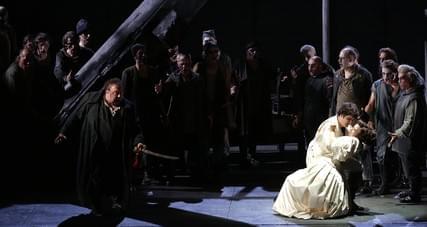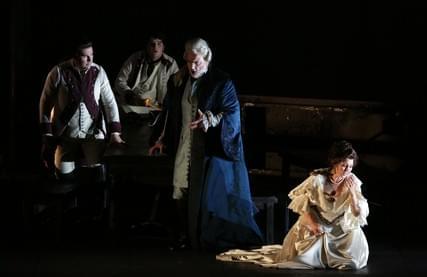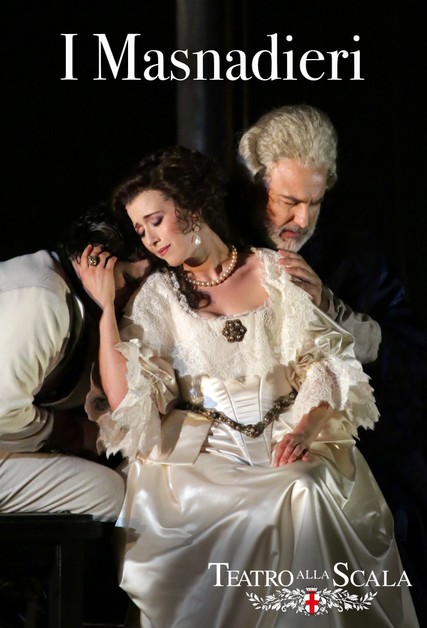Chi ha invece messo tutti d’accordo è stata la prestazione di Lisette Oropesa, una straordinaria Amalia, salutata da scroscianti applausi già alla fine della cabaletta “Carlo vive?...O caro accento” e da un’ovazione finale. Soprano dal timbro delicato, dall’emissione controllata, tutta sul fiato, che le consente di legare i registri con una musicalità rara. Colorature leggere, con picchiettati, scale, volatine e trilli di alta scuola. Ed interprete che mette in luce i lati più nascosti di una fanciulla innamorata e soggetta alla rabbiosa e ottusa mascolinità dei Moor. La cavatina “Lo sguardo avea degli angeli” è intrisa di tenerezza, di rimpianti per la felicità perduta, di estasi soave e rarefatta. L’innocenza trasfusa in un canto trasfigurato e consolatorio la vede protagonista nel duettino e nel quartetto del finale primo. Commovente e patetica, morbida ed espressiva nell’aria “Tu del mio Carlo” ma altrettanto brava nel mostrare entusiasmo e brio nella difficile cabaletta citata sopra, dove un prolungato trillo sul Sol acuto è stato poi suggellato da una scalata al Do di pregnante efficacia. Ma efficace è stata anche in tutti i concertati, in cui è svettata per penetranza e luminosità. Nel duetto con Francesco ha sottolineato la ripugnanza, il disprezzo e il furore verso il demoniaco fratello di Carlo, mentre con l’innamorato si è lasciata andare ad un’entusiastica esplosione di gioia, ma anche ad una delicatissima, brillante e saltellante stretta conclusiva. L’attrice è stata poi in grado di tener testa agli aggressivi masnadieri, nonché stoica nel consegnare la sciabola a Carlo perché l’uccidesse nel grandioso finale d’opera.
The one who unanimously impressed was Lisette Oropesa's extraordinary performance as Amalia, greeted by thunderous applause already at the end of the cabaletta "Carlo vive?...O caro accento" and by a final ovation. A soprano with a delicate timbre and controlled emission, all based on breath control, which allows her to connect the registers with rare musicality. Her coloratura is light, featuring precise staccatos, scales, runs, and trills of a high caliber. And as an actress, she highlights the most hidden aspects of a girl in love, subjected to the furious and obtuse masculinity of the Moors. The cavatina "Lo sguardo avea degli angeli" is infused with tenderness, regrets for lost happiness, and a sweet, ethereal ecstasy. The innocence poured into a transcendent and consolatory song makes her the protagonist in the duettino and in the quartet of the first finale. Moving and poignant, tender and expressive in the aria "Tu del mio Carlo," but equally brilliant in displaying enthusiasm and verve in the difficult cabaletta mentioned above, where a prolonged trill on the high G was then capped by an ascent to a strikingly effective high C. But she was also effective in all the ensemble pieces, where she stood out for her penetration and brightness. In the duet with Francesco, she emphasized the repugnance, contempt, and fury towards Carlo's demonic brother, while with her lover, she let herself go to an enthusiastic burst of joy, but also to a very delicate, bright, and bouncing closing stretta. The actress was then able to stand up to the aggressive bandits, as well as being stoic in handing the saber to Carlo to kill her in the grand finale of the opera.
— Ugo Malasoma • Opera Click



